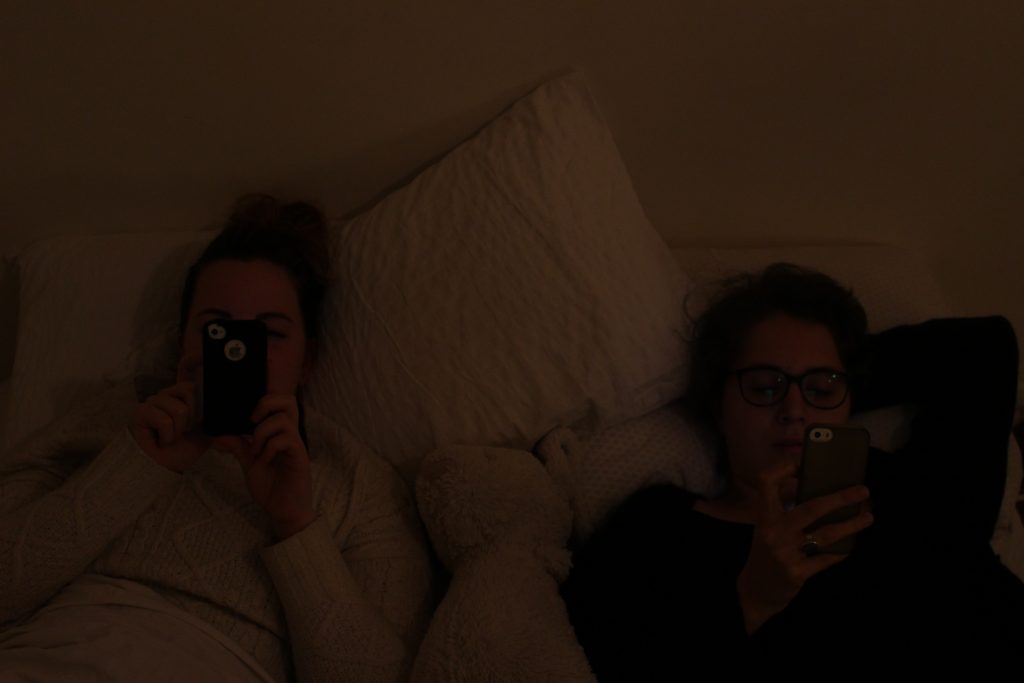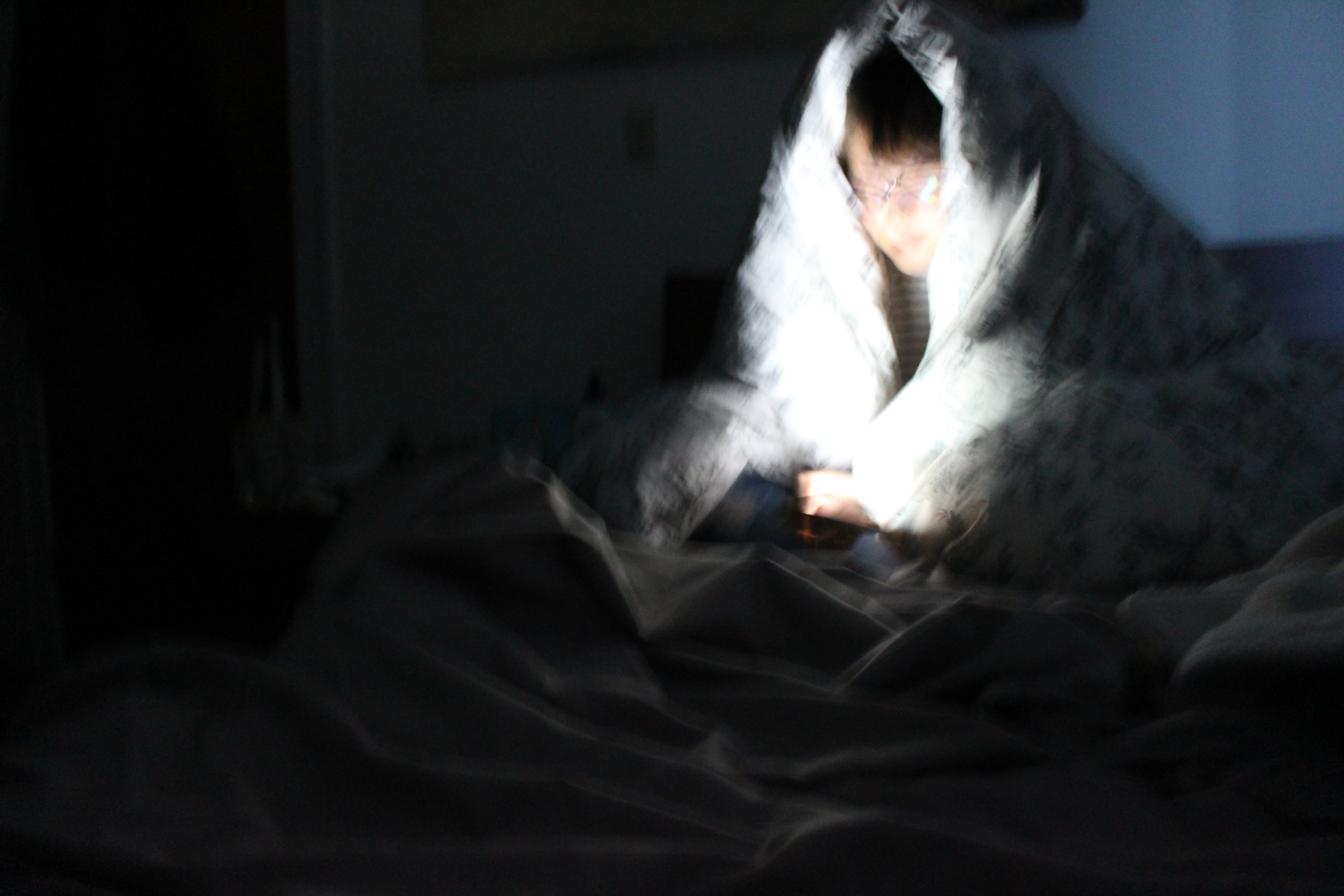How a social media detox might benefit everyone’s health
For many of us, our phones are the first thing we look at when we wake up and the last thing we look at before going to sleep. According to a 2014 report conducted by the Media Technology Monitor, social media is widely used on a daily basis in Canada. In fact, over half of Canadians are signed up to at least one social media platform, and over 79 per cent of Canadians between the ages of 16 and 26 are connected to at least one platform.
Social media platforms were engineered with the goal of helping people communicate and connect them together. However, it seems the opposite might be happening. Psychological and sociological research is increasingly linking anxiety and depression to social media.
A 2016 study conducted by researchers from the University of Pittsburgh School of Medicine found a direct correlation between heavy social media use and depression in young adults. The effects are also being felt in the halls of schools. Research conducted by sociology and anthropology Concordia professor, Francine Tremblay, found the engagement of students in school has been affected by technology. “Students seem to be detached,” said Tremblay.
In Tremblay’s opinion, students should focus more of their time and energy prioritizing their well-being and their studies. “You are studying to succeed… A bachelor’s degree is extremely demanding. You are the most important thing right now,” said Tremblay.
It’s no wonder some students need a break from technology. Alexa Pepper, a communication studies student at Concordia, decided it was time for a detox when she noticed how much her social media use was feeding her anxiety. She decided cut herself off from social media for a week, and for her, it was a very positive experience. “I needed to focus on me… I was doing fun things and I didn’t feel like I was missing out on anything,” said Pepper about her experience.
Pepper said the break taught her that she didn’t actually need social media to function and be happy, but she likes the idea of being able to log in when she wants to. “It teaches you self-control,” said Pepper.
For political science student Emma Nablsi, as she embarked on her detox mission, she thought: “If previous generations could do it, why can’t I?” When she felt social media was weighing her mood down and affecting her sleep, Nablsi decided to go on a month-long social media detox. “It was honestly the best time I’ve ever had…because you can live life the way you’re supposed to. I was more social, and I felt that I was in contact with people,” said Nablsi.

She said she detoxed to challenge herself and to focus more on her real, non-virtual social life. “It’s like a medicine, a treatment, a kind of therapy. It heals you from the inside and the outside,” said Nablsi.
Performance creation major Tiernan Cornford believes she’s never missed out on anything in the ‘real world’ because she limits her social media use. Cornford is only active on Snapchat. She believes this has permitted her to have a controlled relationship with social media.
“I didn’t want to be on it all the time and be on this crutch. I like talking to people in person,” she said. Cornford said, when you don’t have social media, or decide not to go on it for a while, the people who want to get in touch with you, will. This ‘fear of missing out’ is a common source of stress among young adults.
For Nablsi, the social media detox was “an eye-opening experience.” Nablsi and Pepper said they now realize that the virtual world of social media just isn’t that important. It took them taking a break from it to realize it.
Research conducted in 2016 by McMaster University researchers found that most students can’t control themselves when it comes to social media. The survey found 48 per cent of McMaster’s students couldn’t control their social media use, and 29 per cent weren’t able to control their instant messaging.
“[Today], everything is being turned into an urgent matter,” said Tremblay. She said social media has become a compulsion for many young adults, and of course, a health issue. While the students mentioned above have been able to detach themselves from social media, it is becoming increasingly hard for most students to do so.
If keeping up with social media is making you feel anxious, stressed or depressed, know that it’s something you can put a stop to. You can try your own social media detox, or talk to a health specialist at Concordia’s Health Services.
We asked Concordia students what they think about a social media detox. Watch below for their reactions.




